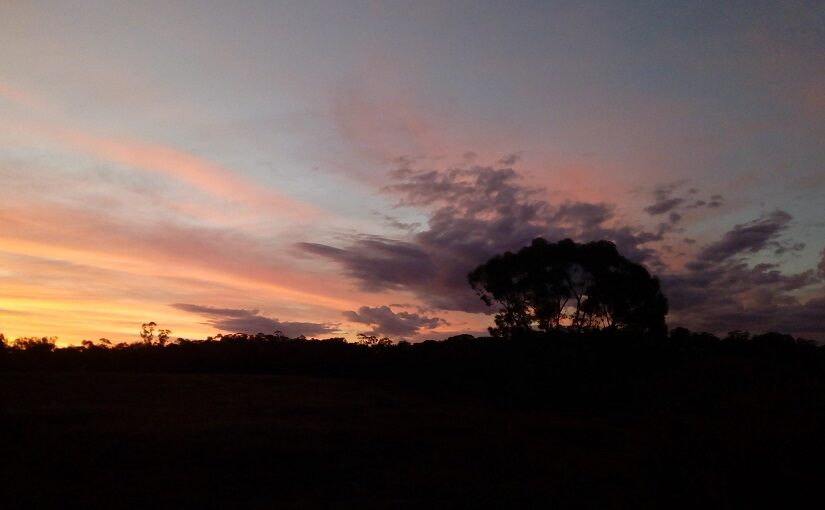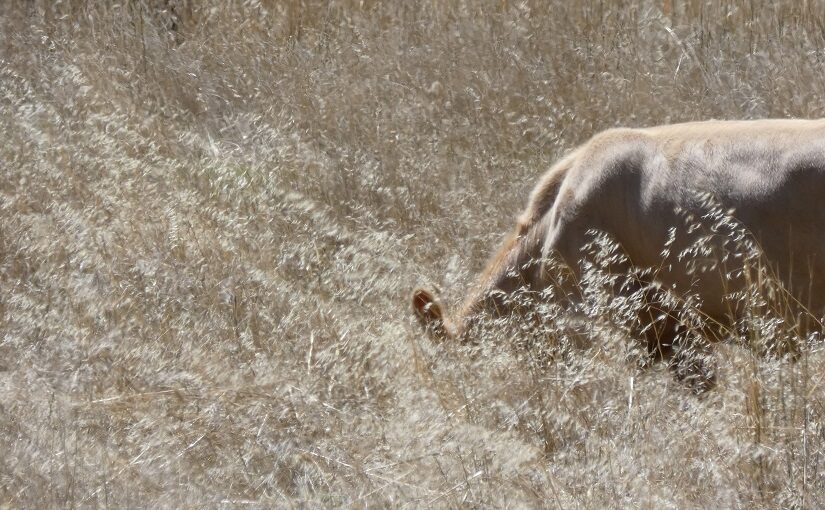It must be possible that all of life could come together into one big, discernible picture. All our activities, words and ideas emerging as a united whole, if only we could gain the clarity and perspective to see it. On some level, doesn’t that picture already exist?
While we might, inevitably, live life from our own perspective – viewing it through the lens of self, family, community, tribe or nation – it’s just as possible to see from any other perspective. Given it’s all part of one reality, filled with points where our disparate worlds touch, isn’t it strange to think our lives aren’t inextricably tied to all others? Our choices creating impacts we might not see as within our control.
How we see things seems an important question, as don’t we interpret everything in the light of it? Our pre-existing ideas often defining the labels we apply, theories we bring to bear, and conclusions we’re likely to reach. As if, in a way, we see what we already believe: the whole of life somehow conforming – perhaps, at times, distorting – to match itself with whatever we have in mind.
Almost as if “life” is some marriage of objective reality and the world of our thoughts woven around it: some blend of all we can see and all we can think. And, aren’t our ideas generally handed to us? This intellectual heritage of communities passing on their fundamental understanding of life, society, the individual’s needs and how best to meet them.
All these concepts we have to work with seem interesting, especially now they’re standing against whatever concepts those in other places have been using to discuss the same notions. This strange sense in which all our separate “worlds” now run alongside one another and merge together in a complex dialogue. All these ways people in different places or times have carved their reality into words.
Behind all our potentially conflicting ideas on life, though, it’s seeming more true than ever than those lives are closely connected; given all the ways technology has facilitated physical connections across space and virtual connections despite it. As if we’re increasingly living in that one, big picture our thoughts might struggle to match.
What is the web of our thinking? This net of ideas we cast across reality. How are we to grasp all that’s happening, and all that it means from every conceivable perspective? Is it even possible to accommodate diverging viewpoints on the same events? To somehow tolerate other interpretations while still uniting in constructive engagement over our many shared problems.
Is there room in this picture to admit the notion that many believe there’s more to life than meets the eye? That, beyond the physical, there might be broader realities into which our own are woven. In many ways, it seems impossible to say there’s not more in existence than our limited capacities are able to perceive.
As people standing within such free-wheeling complexity, how “are” we to marry our thoughts up with reality?
Notes and References:
Pieces of the puzzle
How much everything is connected
Channels of information
Somewhere between ideals & realities
Culture’s conversation as a way of life
Seeing what things mean
Ways of living in the world










